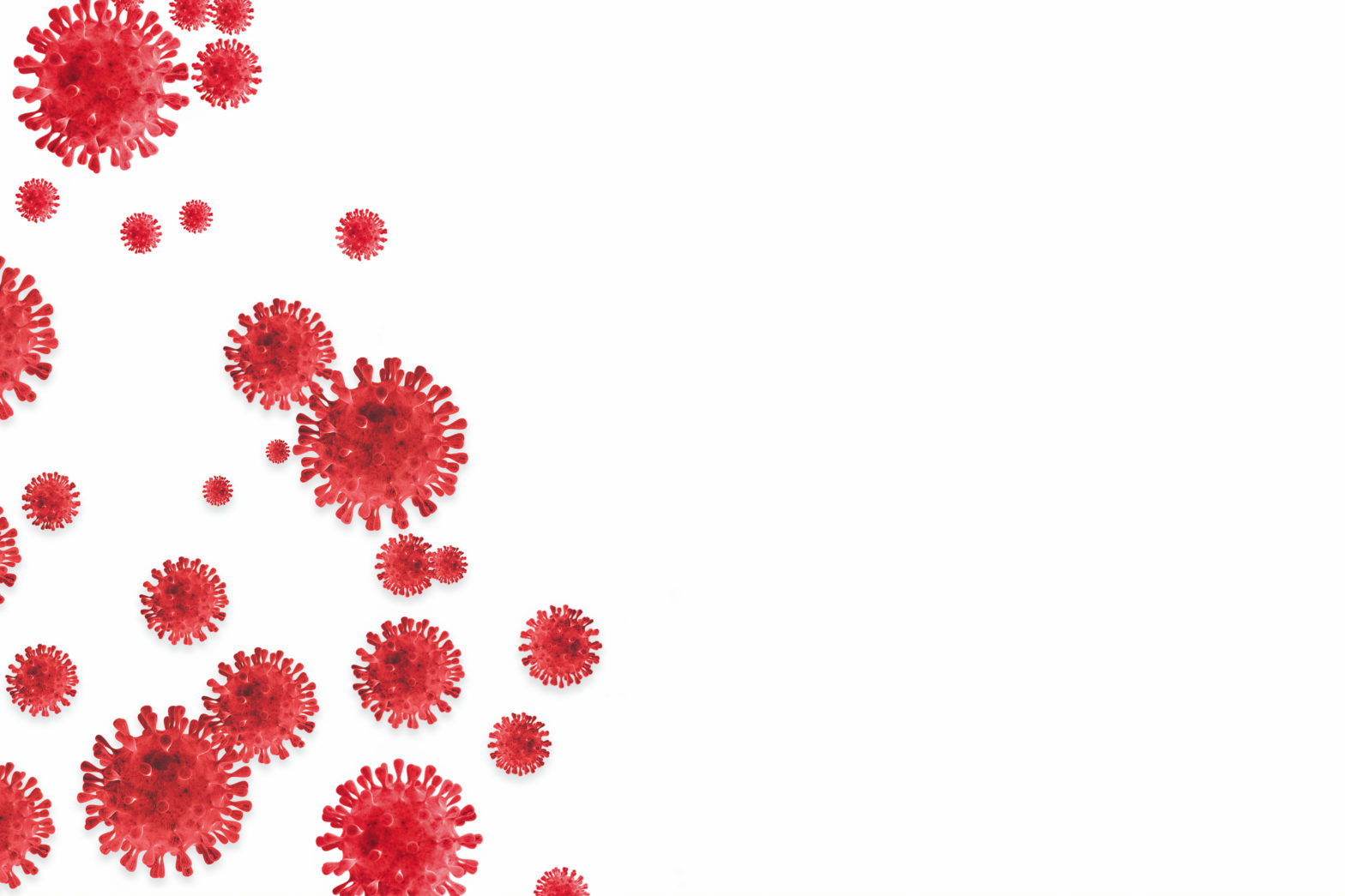What to Do if You are Sick – COVID-19
April 09, 2020

What to Do if You are Sick
There is no clear treatment or medicine for most viruses, including those that cause the common cold and those that cause Coronavirus Disease (COVID-19). Signs of COVID-19 may show up 2-14 days after exposure. Most people recover on their own from these viruses.
The steps you should take if you think you are sick with COVID-19 depend on whether you have a higher risk of having a more severe illness. Please continue reading.
Home Care Instructions: General Population
If you are in generally good health and have mild signs of sickness, stay home and take care of yourself like you would for a cold or the flu. If symptoms worsen, call your doctor.
If you need help finding a doctor or accessing medical care, call 2-1-1 and they can direct you to low-or no-cost providers in your area.
Here are steps that you can take to help you get better:
- Rest
- Drink plenty of fluids (water)
- Take over-the-counter cold and flu medicines to treat fever and/or pain.
- Follow the instructions on the package unless your doctor gives you different instructions.
- These medicines do not “cure” the illness and do not stop you from spreading germs to others.
Instructions for Higher-Risk Patients
Some patients are at higher risk for becoming much more sick if they get coronavirus (COVID-19):

- People 65 years or older, and/or people with medical issues (such as heart disease, diabetes, high blood pressure, cancer, or a weakened immune system) are at higher risk for getting very sick from COVID-19.
- If you are a higher-risk individual and you develop fever or symptoms, call your primary care provider.
- If you need help finding a doctor or accessing medical care, call 2-1-1 and they can direct you to low-or no-cost providers in your area.
- If you are not sick enough to be hospitalized, you can recover at home. Follow your primary care provider’s instructions and refer to CDC recommendations for how to take care of yourself at home.
When to Seek Medical Care

You should contact your primary care practitioner (PCP) if you are not feeling better within a week or if your illness gets much worse. It is best to call your primary care practitioner (PCP) now to discuss your symptoms, if possible. It is recommended that you seek medical care for any serious symptoms, such as:
When to Call 911
911 ambulances, or Emergency Medical Services (EMS), should be reserved for life-threatening medical emergencies. 911 should not be your primary source for COVID-19 information or for routine COVID-19 testing.
If you develop emergency warning signs for COVID-19, get medical attention right away. These include:
- Difficulty breathing/shortness of breath (that is not normal for you)
- Constant chest pain or pressure in the chest
- New confusion or inability to wake up
- Bluish lips or face
*This list does not include all possible serious symptoms. Please consult your medical provider for any other symptoms that are severe or concerning.
Please remember:
-
Ambulances DO NOT carry COVID-19 testing kits.
-
Emergency rooms are NOT the best place for routine COVID-19 testing or for mild symptoms of illness.
-
Please limit the use of 911 and ambulances for those with emergency warning signs or other life-threatening emergencies.
-
If you have a life-threatening medical emergency, call 911.
-
Tell the dispatcher that you have or might have COVID-19
-
If possible, put on a facemask before first responders arrive
-